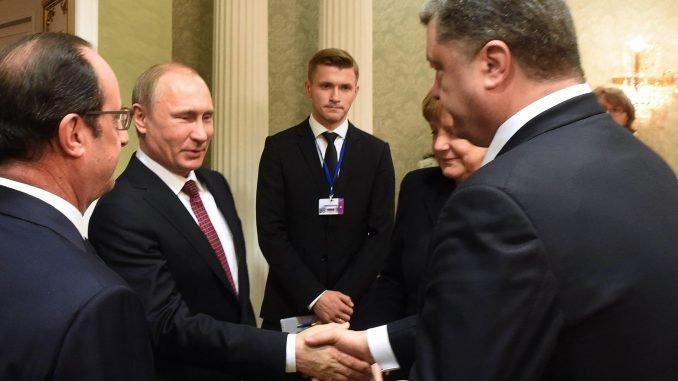
Commenting on the results of the peace talks in Belarus, the minister said the announced agreements on a ceasefire and the withdrawal of weaponry were important, but they could not be called final yet.
“Obviously, they are not final agreements. We could possibly see them as intermediate. It’s very important that we are speaking about a ceasefire and the withdrawal of weaponry as well as border control in the future. It’s too early to evaluate them positively as we need to see whether that will happen in reality. We could see them as intermediate agreements but we cannot at this stage say as to whether they are determining progress in the real situation,” Linkevičius told BNS on Thursday.
The minister drew attention to the fact that no final decisions on the control of the Russian-Ukrainian border and the status of the Donetsk and Luhansk regions had been reached.
“Whatever has been agreed, we have to see whether that will be implemented. We’ll see soon whether Sunday morning will come without any combat actions. Then we’ll see whether something is moving in that direction. I see that there’s no agreement on key issues, including border control and the status of these regions. There are many unanswered questions,” the Lithuanian foreign minister said.
In his opinion, following the Minsk talks, there’s no reason yet to speak about softening the European Unions‘ sanctions on Russia. And if the agreements are not implemented, that “would be a basis for additional sanctions”.
Following overnight talks, the Ukrainian, Russian, German and French leaders agreed in Minsk that a ceasefire would come into force on Sunday morning, and the Ukrainian government forces and pro-Russian separatists would withdraw their heavy weaponry from the 50-kilometre buffer zone.

Be the first to comment